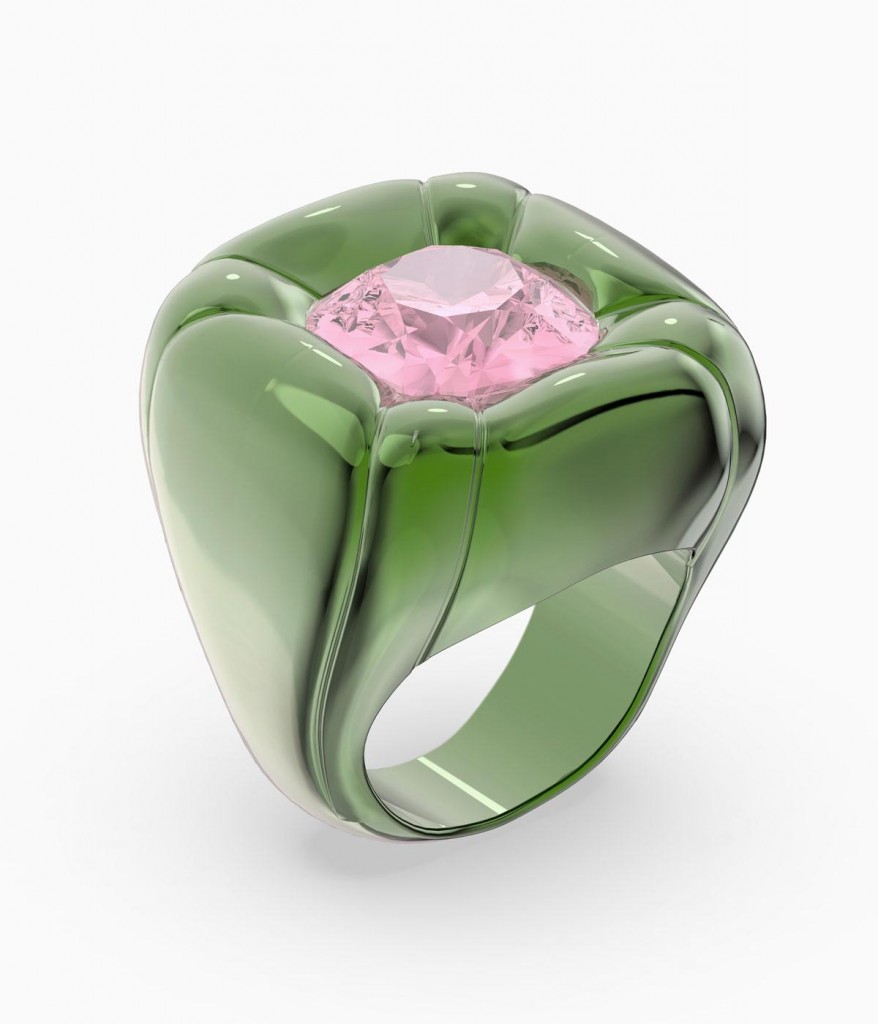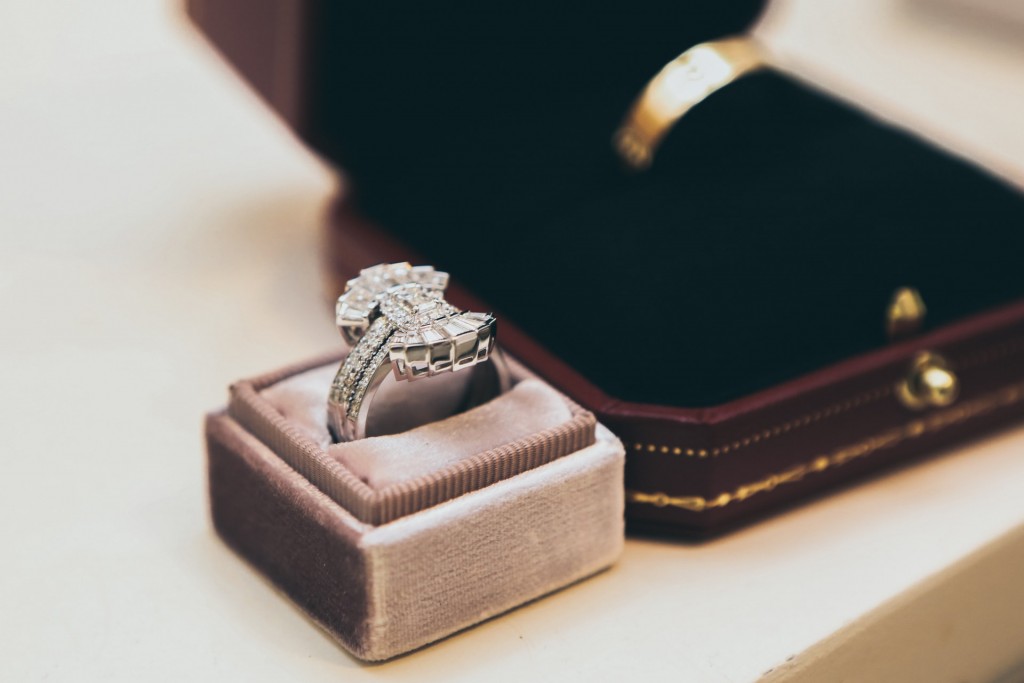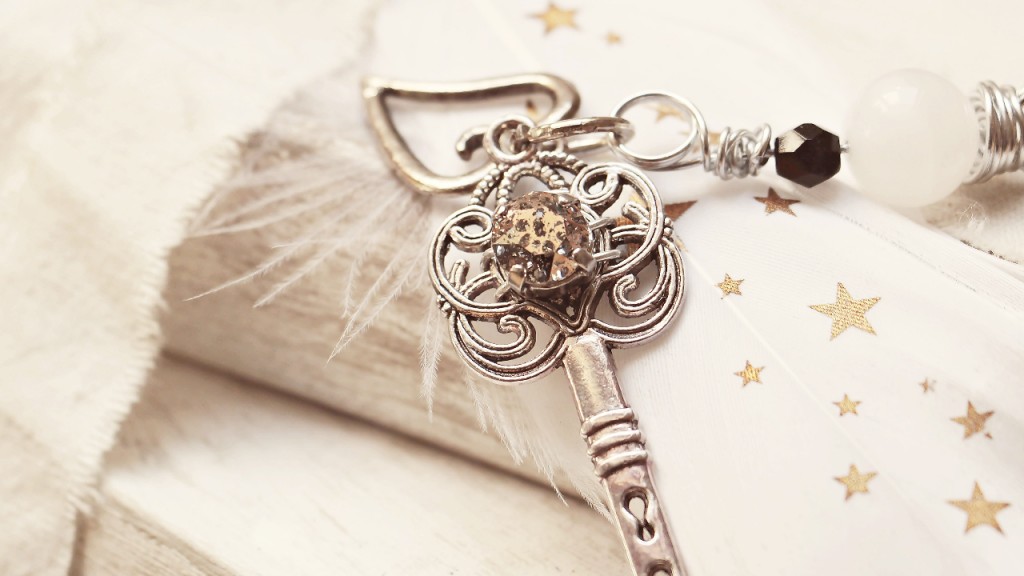Inheriting jewelry – and any other thing of value – from a loved one can come with mixed emotions. On the one hand, this is something that the person you love and cherish once treasured, and it offers an eternal link to them. On the other hand, it might be nothing you need for the times you live in or for your kind of lifestyle. But tossing it out is not the option, neither is simply just storing it somewhere to gather dust.

What to do with inherited jewelry
If you are confused about your jeweled inheritance and feel guilty about simply throwing them away or giving them out, you should consider the following options
A. Wear it yourself
Well-made jewelry can last many lifetimes, and an expertly crafted men’s diamond ring for example may even look as new as the day your relative purchased it. If a piece of jewelry is in good condition or only needs a shine or a new, tighter mount – and you love it – wear it yourself after it’s been repaired.
B. Save it for a future inheritance or gift it

Your son, daughter, or other relatives may appreciate owning an heirloom that’s stayed in the family for generations after you pass, or they may prefer to keep the piece for themselves right away.
If you do not have any close family member you may pass it on to however, you may want to consider giving it to a close friend or someone else you deem worthy after the grieving period is over. It may make you feel better to see the jewelry previously owned by someone you love, being worn by another you hold in high esteem.
C. Deconstruct it for another piece
Jewelry trends come and go. Sometimes that unique gold necklace will fit right in with a modern aesthetic, but more often than not, it’ll need a few tweaks. If you’re not too attached to your inheritance, ask a custom jeweler to design a new piece from its components.
D. Get an appraisal

Seek out an antique jewelry appraiser from a professional organization to find out what your inherited piece is worth. This is especially important if you have decided to sell the jewelry. Most appraisers will charge a fee per piece, but you may get a discount for a bulk appraisal. Jewelers may not evaluate the pieces in your presence and if this happens, ask them to agree to its preliminary value if your pieces are lost or damaged.
E. Scrapping inexpensive jewelry
Sometimes a portion of your inheritance may include costume jewelry or small pieces that don’t hold significant value. If an appraiser states that the value isn’t worth the cost of an appraisal, you can scrap it for metal and gemstones at a jewelry store to earn some cash per piece.
F. Sell what you don’t want
Jewelry that provides no meaningful value to you or another family member can be sold, but some people may feel guilty about selling inherited items. There’s nothing to be ashamed of, as it’s better to sell unneeded pieces and use the money for some other project that would give you more value than just letting your inherited jewelry go to waste in the back of your cupboard.
If you’ve made the decision to sell your inheritance, it’s crucial that you do it right. Many “Cash for Gold” establishments will buy your jewelry for next to nothing, so avoid those places at all costs.
Local trustworthy jewelers are your go-to option, but they may not offer the best bang for your buck. In this case, you may want to sell your pieces privately. Some marketplaces will allow you to sell certified gems or jewelry at a cost higher than what you’d receive from a shop. Determine your selling price based on the market and your appraisal. Keep in mind that you’re unlikely to receive the total appraisal amount when selling.
In addition, you might also consider working with an auction house or an agent who specializes in connecting owners of estate jewelry with buyers (especially if the pieces are valuable).

In conclusion, remember to secure your inherited gems. Don’t keep your jewelry on you while selling, as you could leave yourself open to theft or burglary. It’s better to put them in a secured facility, like in a safety deposit box, to prevent a future incident. If you’re transporting your pieces overseas, find a company you trust and insure your package against theft, damages or loss.
Source: Luxury Travel Magazine
